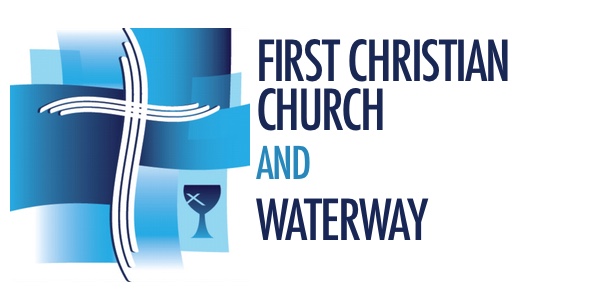Anger is a hard thing to talk about. I want to pretend it doesn’t exist in me, or at least push it away, distance myself from its hot, hard edge. Yet anger is not intrinsically bad. Anger is a sign that something is not right — a defense against forces that threaten our equilibrium. This is true whether we’re talking about Hebrew prophets railing against injustice or a modern-day couple working out the give-and-take of their relationship.
The problem is that the inner warning systems that tell us something is out of whack are built around old woundings — keenly sensitive to being hurt again and skewed toward our particular biases. So we hear a simple comment as an insult, interpret reserve as rejection, or misread roughhousing as a threat. I’m not saying the offense is always in our minds, but our inner conditioning causes us to react in ways that escalate the situation rather than defuse it.
Forgiveness is an inside job — something we do to set ourselves free from the programming that controls us. Forgiveness begins by becoming aware of our triggers and our habituated responses. It is a commitment to choose differently — to see through the eyes of love rather than the lens of fear. It is letting go of our need for control and accepting the situation as it is, and moving from there into new ways of being.
Forgiveness always includes a healthy dose of prayer, for it is only with God’s grace that we can truly transform ourselves and the world.
What are your unconscious triggers? How might you choose to respond differently?
(Thanks to Michael Ryce at whyagain.org for this teaching.)
